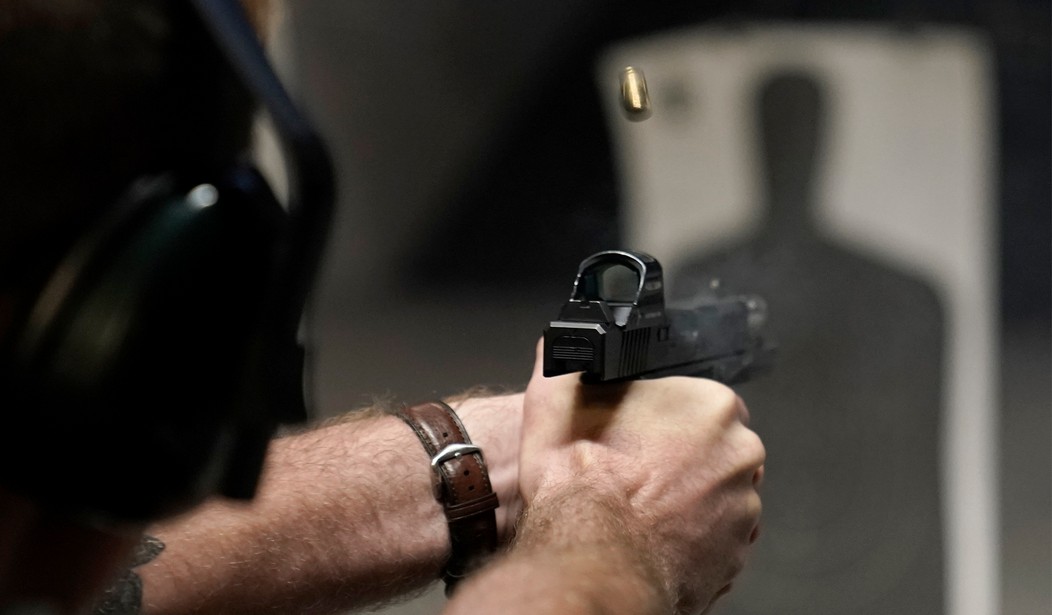On Friday, the United States Supreme Court agreed to weigh whether people accused of domestic violence have a right to own firearms. This comes after last year's Bruen ruling that expanded Americans’ Second Amendment rights.
Reportedly, the case, United States v. Rahimi is the Biden administration’s appeal in defense of a federal law that prohibits individuals with domestic violence restraining orders from possessing firearms (via NBC News):
The case concerns Zackey Rahimi, a drug dealer in Texas whose partner obtained a restraining order in February 2020.
During an incident in an Arlington, Texas, parking lot the previous year recounted by the federal government in court papers, Rahimi was accused of knocking the woman to the ground, dragging her to his car and pushing her inside, knocking her head on the dashboard in the process. He also allegedly fired a shot from his gun after realizing that a bystander was watching.
While the protective order was in effect, Rahimi was implicated in a series of shootings, including one in which he allegedly fired bullets into a house using an AR-15 rifle, the federal government says.
Rahimi faced state charges for the domestic assault and another assault against a different woman.
He was prosecuted separately by the Justice Department for violating the federal gun restriction law and, before the Supreme Court had issued its new gun rights ruling, argued that the case should be dismissed because of his Second Amendment rights.
A federal judge rejected the claim, noting that the law had previously been upheld. On appeal, the 5th U.S. Circuit Court of Appeals in New Orleans initially reached the same conclusion.
Recommended
After the Supreme Court’s Bruen ruling, the appeals court heard additional briefing. In March, the court ruled that the law “fails to pass constitutional muster.” The Biden administration appealed to the Supreme Court. The case will be heard next term, which begins in October.
The case New York State Rifle & Pistol Association Inc. v. Bruen surrounded a law in the state that required permit applicants to show “proper cause” before they could be licensed to carry a concealed weapon. The ruling came down 6-3 with Justice Clarence Thomas penning the majority opinion. Thomas wrote that the Second Amendment should not be treated differently than other rights outlined in the Bill of Rights (via the Supreme Court of the United States):
The constitutional right to bear arms in public for self defense is not “a second-class right, subject to an entirely different body of rules than the other Bill of Rights guarantees.” We know of no other constitutional right that an individual may exercise only after demonstrating to government officers some special need. That is not how the First Amendment works when it comes to unpopular speech or the free exercise of religion. It is not how the Sixth Amendment works when it comes to a defendant’s right to confront the witnesses against him. And it is not how the Second Amendment works when it comes to public carry for self defense. New York’s proper-cause requirement violates the Fourteenth Amendment in that it prevents law-abiding citizens with ordinary self-defense needs from exercising their right to keep and bear arms.
Bruen paved the way for several courts to strike down unconstitutional gun laws in states, including in Tennessee, Massachusetts, and West Virginia.

























Join the conversation as a VIP Member